How Can I Get My Memoir Published
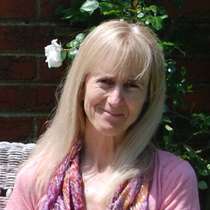
Author Sara Mansfield Taber
After you have toiled and tinkered and revised for ages, and you feel you finally have a strong manuscript, you begin to wonder how on earth to get your book into print.
It goes without saying that that is a tough world, and even really top literary manuscripts fail to find a New York publisher. It also goes without saying that unless you have had a very unusual life—you were raised by wolves or by head-hunters (having murder, incest, or substance abuse in your family is now probably passé)–or are as brilliant as Einstein or are Brad Pitt’s dresser, it may be a hard road.
I always tell people, if you think your memoir has commercial potential (the rule of thumb I’ve heard lately is: it will sell 20,00 copies right off the bat), a good plan might be to give yourself six months or a year to try to get it published via the agent and New York publishing house route. Also, if you happen to have excellent contacts in New York, or can muster some, this can be a good choice.
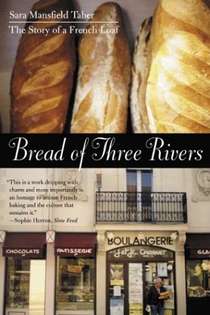
Bread of Three Rivers by Sara Mansfield Taber
I don’t know who said that trying to find a publisher is as hard as, or even harder than, finding a mate—but this wasn’t an overstatement. But everyone ought to have a go in New York. There are all the obvious potential advantages if this happens to work for you—a six figure advance, wide distribution of your printed book, a review in the New York Times, TV appearances, fame and fortune. Mind you, these benefits arrive for the very few even among those who do get a New York publisher.
Okay, now, if after six months, you tire of the rejection letters, don’t feel ashamed and shrink into depression. Remember that Harry Potter and the Philosopher’s Stone was rejected twelve times before a small British publisher took a chance on it—and then only at the urging of the publisher’s daughter!
The next step is to look for a smaller publishing house. The university presses may be an option for your book, or a specialty publisher—a publisher that prints only sailing books would be a good bet if you were born and grew up on a sailboat, for instance–or one of the independent presses, of which there is an ever-increasing number. Buy yourself a copy of Writer’s Market or go through it at the library, and feret out the publishers that take your sort of book. Send your query or proposal to them.
If the latter doesn’t appeal or yields no fruit, self-publishing has become a very respectable and blissful alternative. As for respectability, in the democratic domain of the internet, quality speaks for itself. Sneerers and snobs beware. On the bliss side, self-publishing is far faster than traditional publishing, and you have more control over the product. You can make your small or weighty volume into just the book you want!
Also, since traditional publishers only really market a very few of their titles and leave most to maunder in a quick grave, you must do all the marketing yourself, whether New York- or self-published, so there is no advantage to traditional publishing there. In fact, if you are published by a New York house and are not a million dollar author, you may be driven mad by the lack of marketing assistance. You will be assailed and tortured by one of the mysteries of the late 20th and 21st centuries: Why, once publishers have gone to the trouble of printing a book do they do so little to sell it??? Finer minds than yours and mine have tackled this puzzle…
So, back to self-publishing: do your homework here and find the least expensive option, and the one with the best terms. Admittedly, self-publishing involves work and thought. You’ll probably need a copy editor along the way, and you’ll probably want to think about design, photos, and cover, for instance, but, approached with a spirit of adventure and creativity, this can be fun.
The upshot is: one way or another, you can and will see your memoir between covers. All that toil through storm-wracked seas will finally toss a jewel on the shore. Pick it up. Hold it in your hands, and, dripping, savor the pleasure.
Category: Contemporary Women Writers, How to Get Published, Multicultural Writers, US American Women Writers, Women Writers Across Cultures, Women Writing Memoirs, Women Writing Non-Fiction
Comments (11)
Trackback URL | Comments RSS Feed
Sites That Link to this Post
- Featuring Women Writers on WWWB 2013 - Women Writers, Women Books | December 30, 2013
- How to Publish Your Memoir | Sara Mansfield Taber | October 25, 2013

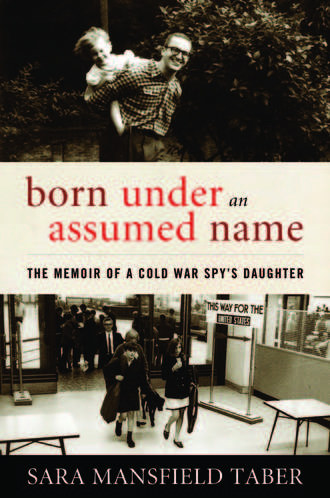



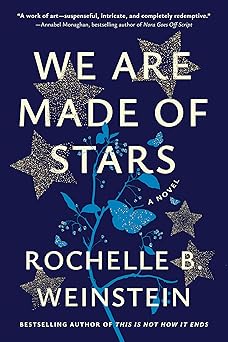
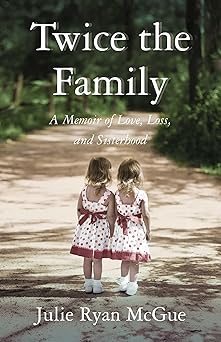
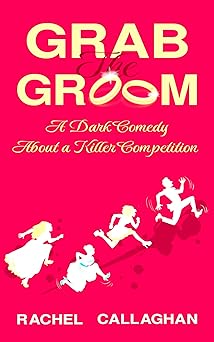


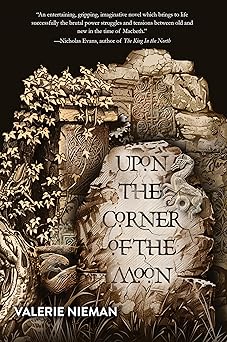
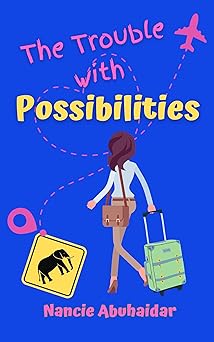
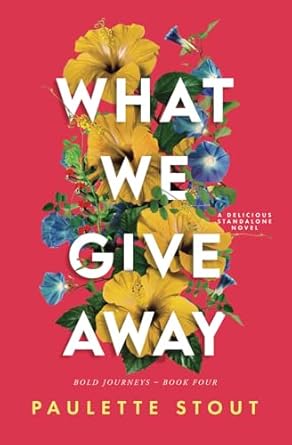
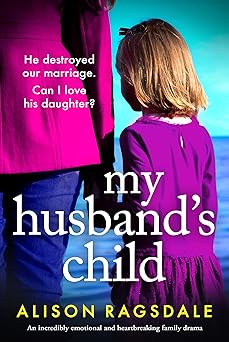
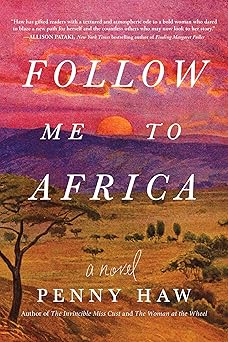
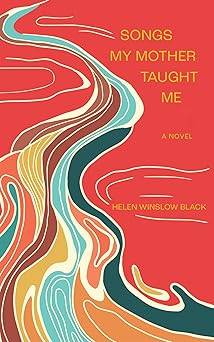
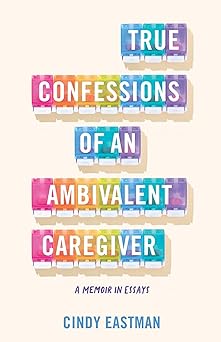
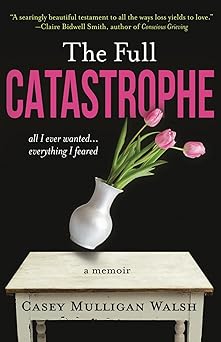
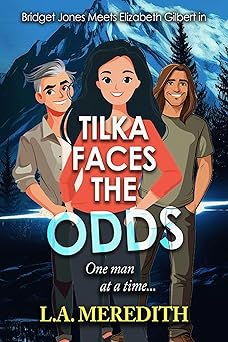
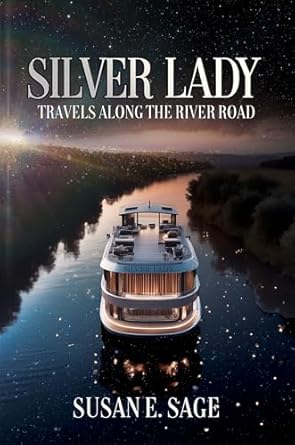
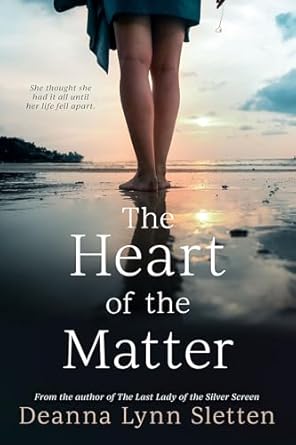
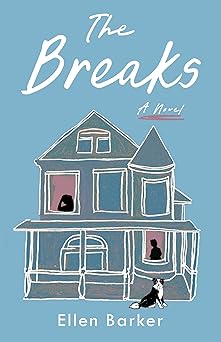
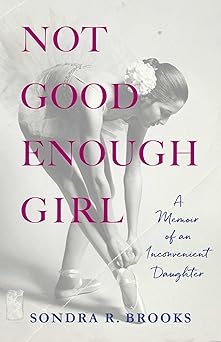
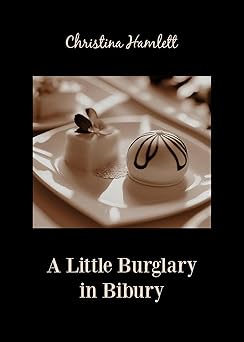
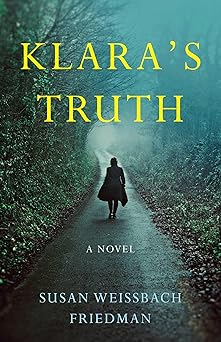
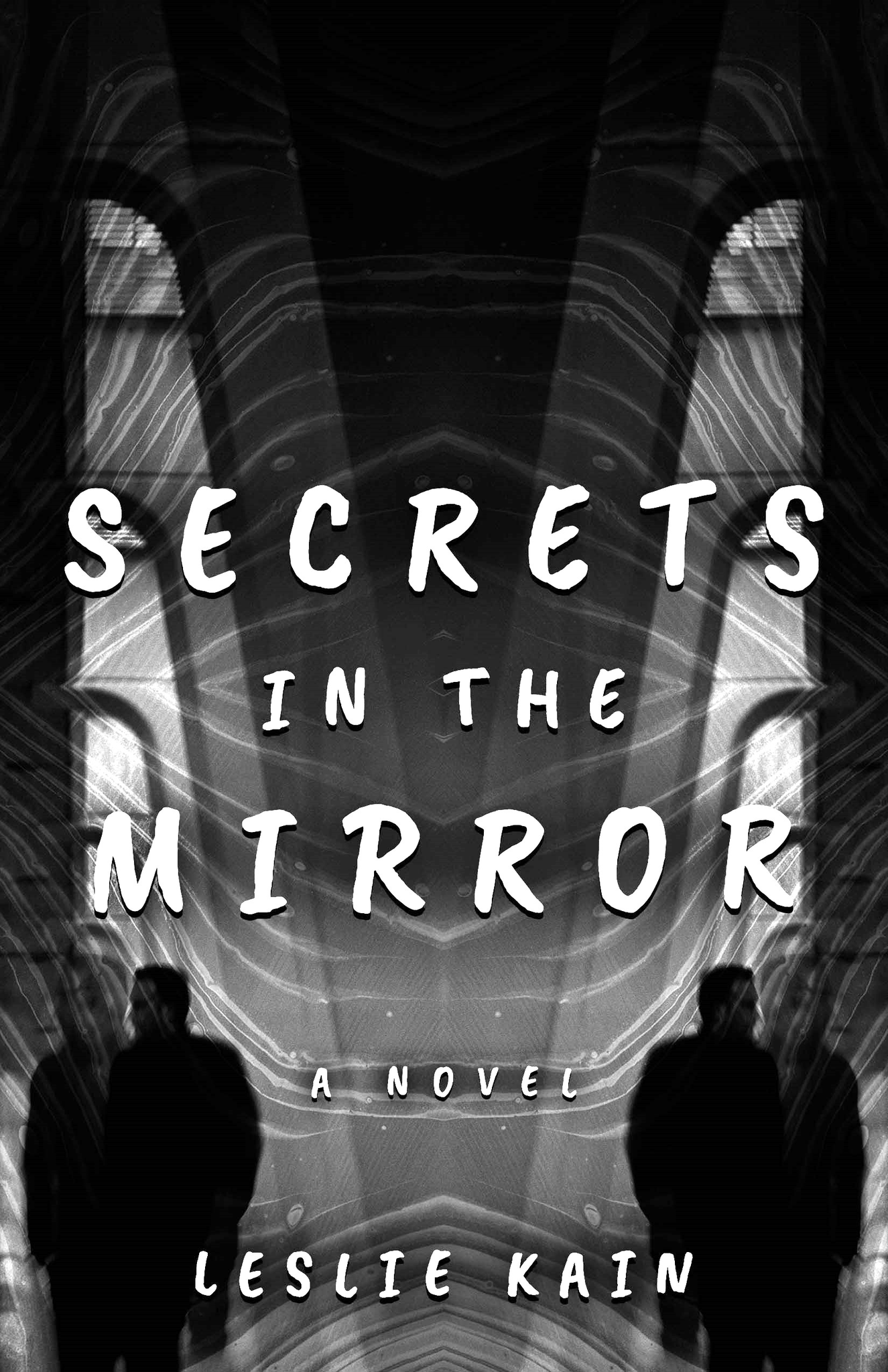
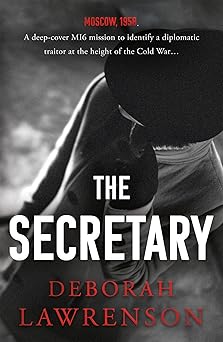
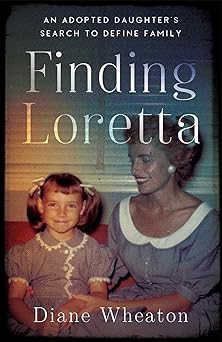
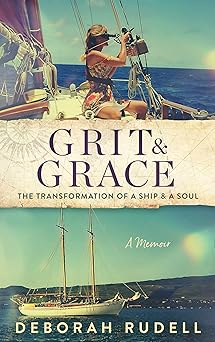
I thought that finding a publisher for my memoir was a pipe dream…
However, on my 45th birthday I received an email from Post Hill Press that gave me one of the best surprises of my life! In Fall, 2016, my memoir “Birth of a New Brain – Healing from Postpartum Bipolar Disorder” with a foreword by Dr. Walker Karraa (“Transformed by Postpartum Depression: Women’s Stories of Trauma and Growth”) will be published.
“Birth of a New Brain” wasn’t the book I thought I’d write when I was seven years old when I began writing a spooky novel set in a (where else?) haunted house.. As the remarkable “A Wrinkle in Time” author Madeleine L’Engle said, “You have to write the book that wants to be written. And if the book will be too difficult for grown-ups, then you write it for children.” My book is not meant for children, but for their mothers, and anyone else who has bipolar disorder. Although there are now numerous memoirs about bipolar, I feel in my core that my book wants to be written as L’Engle asserted. I’m deeply grateful for the drive that propelled me towards landing my book deal.
I couldn’t agree more. I’m about to launch my second book which is a sequel to my debut When All Balls Drop. I decided to self-publish because I wasn’t going to abide by the timeline of a traditional publisher. I knew I’d have to do more work along the way, but it was my story so who better to be calling the shots.
I loved how you said murder/incest and substance abuse is considered so passe now. So true. It seems cynicism has permeated the agents and publishers’ mindset.
Thanks for writing an encouraging note. I’m beyond tired of seeing “ABSOLUTELY NO MEMOIRS” on agencies sites. Cheers.
I am trying with all my might to publish my memoir. It is by all accounts a very revealing book, risque with armed robbery, heroin addiction, death and refugee smuggling. And,is all linked to an about-to-be famous person and yet still as I am not myself ‘famous’ nobody – yet- is willing to take the risk. They say – agents – if the book will potentially see 20,000 copies fly off of the shelves within weeks, then it has mileage. Now, is this a personal opinion, about if it will sell or not? As some self published books, previously rejected by such agents – have had incredible success. Is it all a matter of taste? I truly believe with the right marketing behind a good story and the backing of the author, a book will fly off of the shelves anyway. So long as it is well written and the story is intriguing and keeps the reader on their toes, then surely, that is a green light. But I suppose it is all about what the particulate agent you query, if he/she likes the writing, story, protagonists voice. One may love which another despises, so your chances are limited. Research agents that are looking for your genre! Its that simple, They are out there, I haven’t found mine yet, but I’m sure I will.
CD
Your note on Writer’s Market, and finding the right publisher is important, that is, if they accept proposals directly from the author, most require an agent to enter the proposals I think. Even so, reading requirements of publishing houses, helps formulate your proposal in such a way that your manuscript becomes sellable.
In 1998 I took my manuscript on infant loss to a book packager/publisher in N.Y. He suggested I’d write a book on general loss. I refused. At the time there were very few books on the matter available.
According to him the market wasn’t large enough to warrand publication, a 20,000 sales potential was on the very low side in his eyes. He urged me to self publish (and get on with my life).
He gave me a list of things to do (among which was to buy a good manual on self publishing) and I published “Creative Acts of Healing: after a baby dies” on my own.
Back then marketing was more difficult than it is now, Twitter, Facebook, Pinterest and author platforms give a self published author a fair chance. I know for sure that I would have sold more books then, if the New Media had been available. If time is of the essence, if you really want to have your book in your hand a.s.a.p. self publishing may be the way to go. I’m proud of what I accomplished, and my book has helped many people, but at times I wish I’d given publishers, my book and myself more of a chance before embarking on the self publishing adventure, back then.
Great thought and it gives hope to those people out there, without any chance to find a publisher.
An interesting blogpost. I’ve written two memoirs. The first one: From Bad to Wurst: Bavarian Adventures of a Veggie Cook, I self-published, and the second one: Seller Beware: How Not To Sell Your Business, I was lucky enough to get a traditional publisher. I have to say that with the first I had the excitement of being in control and holding my first book in my hands like a new-born baby, but there was nothing like the thrill of a publisher saying he loved my book (the second one) and would like to publish it. But there is merit in both.
I now write novels and hope to find an agent who will represent me, but if it doesn’t happen I will self-publish. As you say, it is becoming more respectable by the day – so long as it has been properly edited and stands alongside the professionals.
I’ve been persevering in the quest for a NYC agent..up to 100 queries so far. I’m not ready to give up yet, but it’s so hard. So many doubts (despite support far beyond friends). Sorry, but I had to laugh at the reference to a Harry Potter book getting rejected 12 times. That is nothing. My writers forum tells me Ernest Hemmingway had over 100 rejections. That makes me feel just a tad (!!!) better. As for self-publishing, I will avoid that to the very end. I don’t have the money, and I still don’t think it has the prestige of traditional works, but I may change my mind (if I find a job in this awful economy) and I can afford to.
I’m with you Linda.
The prestige of finding a traditional publisher wanting to back you, must be such a thrill, someone embedded in the industry who is well read, likes your work. That moment must be pretty special! Not only that but most writers are struggling financially, it is time consuming and many work around part time jobs in order to craft their writing and work on their next best seller! People cant afford to self publish. Most will hold out for that all important deal, the perfect match of an agent. For most it just doesn’t happen, no lucky break. But for those who stick at it, keep learning, keep reading, keep writing, eventually it will come. A lucky few are fortunate and are paired with an agent, pretty much immediately – these people are either extraordinarily talented or kissed by angels.
CD